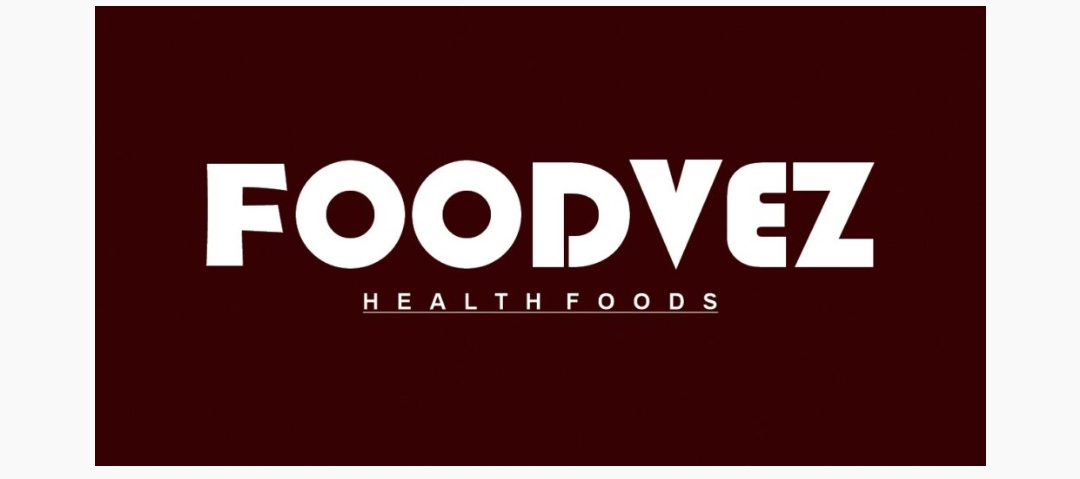
When a lady is pregnant, her protein necessities enlarge significantly. If you are pregnant, your proteins required will make bigger too, and you can fulfil these necessities from several meal sources – both plant-based and animal-based sources. But if you are vegan or no longer consume meat, then you will have to reflect on consideration on protein powder. Protein powder is a suitable supply of protein plus different necessary nutrients. However, some of the components in the powder, such as synthetic sugars and preservatives, bring its protection into question, greater so for the duration of pregnancy.
How Much Protein Does a Woman Need While Pregnant?
The protein requirement of a pregnant female will increase as the being pregnant progress and is perfect at some point of the 2nd and 0.33 trimester when the child is developing rapidly. A woman’s protein necessities are viewed as per the perfect physique weight for her peak and now not as per true weight. The best physique weight in females can be calculated via this formula: Height (in cms) − one zero five = Ideal physique weight (in kgs).
Now, for example, if a female weighs 70 kgs, however her perfect physique weight as per the WHO requirements is fifty-five kg then protein necessities would be as per fifty-five kg.
Are Protein Powders Safe to Consume During Pregnancy?
It can’t be stated that protein powder dietary supplements are protected for pregnant women, as they frequently include synthetic sweeteners such as sucralose. Although these synthetic sweeteners may also be FDA authorised and labelled as usually recognized as protected (GRAS), it can’t be stated that they are secure for a pregnant female and her developing foetus. Their security is questionable as they are artificial and no longer natural. Some manufacturers of protein powders can additionally have elements like creatine and caffeine in them which may additionally no longer be precise for foetal growth.
If you desire to take protein powder as a compliment at some point of pregnancy, it is cautioned that you seek advice from your health practitioner to apprehend whether or not or now not you want it, and if yes, then which one you must choose. Since most powders are made out of proteins such as whey, casein, and soy, ladies allergic to dairy merchandise can swap to different natural protein powders that are secure for consumption at some point in pregnancy.
Which Protein Shakes Are Safe for Pregnant Ladies?
Protein shakes that are made naturally, i.e., they no longer have synthetic flavours, colours, or vitamins delivered to them are generally protected from consumption. But they ought to be bumped off solely after confirming that you are now not allergic to that protein source.
Many manufacturers promote well-being and use herbal colourations and flavours. Identifying such manufacturers can assist you to meet your protein requirements, except you have to worry about its manageable facet effects. If you don’t desire to purchase protein shakes from the market, you can constantly make them at home. After all, homemade is the best! To make a protein shake at home, you can use milk, nuts, peanut butter, pumpkin seeds, sunflower seeds, chia seeds, flax seeds, coconut and different herbal ingredients.
Things to Keep in Mind Before Buying Protein Powder:
If you should purchase protein powder due to the fact your normal food regimen is missing protein, take a look at these matters earlier than shopping for it.
1. Excess Caffeine and Vitamins
Many protein powder manufacturers that are labelled diet-friendly or vegan have delivered vitamins and caffeine. You ought to keep away from shopping for such manufacturers as caffeine and extra nutrition consumption is no longer endorsed at some stage in pregnancy. You may additionally already be on a prenatal multivitamin complement or get all your micro-nutrients from a balanced diet. Hence, it is pointless and from time to time hazardous to devour immoderate vitamins. Caffeine consumption must additionally below all through being pregnant and should be restricted to below 200mg per day.
2. Artificial Sweeteners
Protein powders containing xylitol, sucralose, and maltitol additionally have some uncertainty over whether or not they pose a chance or not. However, as stevia is a plant and takes place from nature, it is regarded as a nice preference among sweeteners. It’s nice to keep away from the powders containing these ingredients.
3. Fillers and Flavouring Agents
Fillers are components delivered to protein powders to add bulk when blended into a shake. They additionally provide texture and consistency to the drink making its style better. Some frequent fillers encompass xanthan gum, guar gum, palatinose and different components that have little or no dietary value. They can add some empty energy and make you sense fuller without any real benefits.
4. Ingredients
Many of the merchandise these days come with a warning label if they have elements that are unsuitable for pregnant and breastfeeding females or children, the equal goes for protein powders. Usually, these powders include components such as creatine, taurine, caffeine, beta-alanine, acetyl L-carnitine HCL and a share of nutritional vitamins that exceeds your dietary recommendations.



